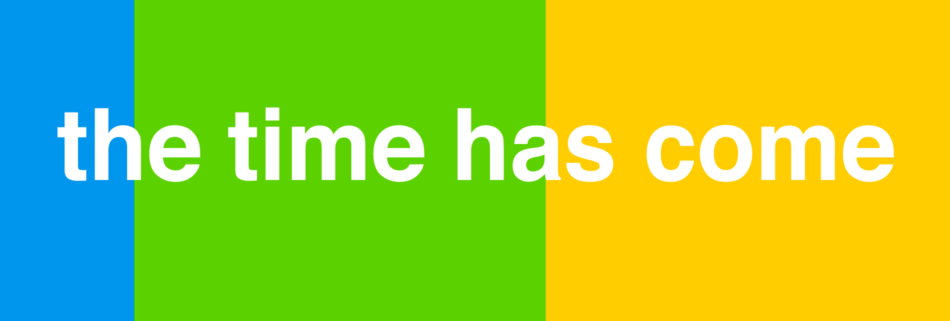Chegou a hora - in Portuguese means of course: the time has arrived, the time has come, or simply, it's time.
Seems so simple, right. But how would you say something like: "when the time comes to..." or, "please, be on time --?
* Note how the de is used here. Literally, arrived the hour of work.
*Note that in this we're saying on time rather than, the time so it's, na hora.
*This is the future subjunctive.
Use the future subjunctive tense to talk about things that are likely to happen, but that have not yet occurred.
Me liga quando você chegar. (Call me when you arrive.)
Se eu comprar uma casa te aviso. (If I buy a house I'll let you know.)
Assim que comprar um carro vou lá. (As soon as I buy a car I'll go there.)
Words that almost always trigger this tense:
quando + verb (when you…)
se + verb (if you…)
assim que (as soon as…)
*This is the imperative tense because it's a command.
» For AR regular verbs you just replace the a with an e.
» For ER & IR regular verbs you just replace the e with an a.
falar ➜ fale
Me fale tudo!
Tell me everything!
Pense bem!
Think about it!
responder ➜ responda
Me responda!
Answer me!
Suma daqui!
Get out if here!
esperar » Me espera! (Wait for me!)
olhar » Olha só! (Just look!)
escutar » Escuta! (Listen!)
tirar » Tira sua mão! (Hands off!)
falar » Fala tu! (Talk to me!)
ligar » Me liga! (Call me!)
ter » Vem cá! (Come here!)
Several of these are commonly conjugated using the regular, not the “tu” form, and when they are their forms are often irregular!


Comentários